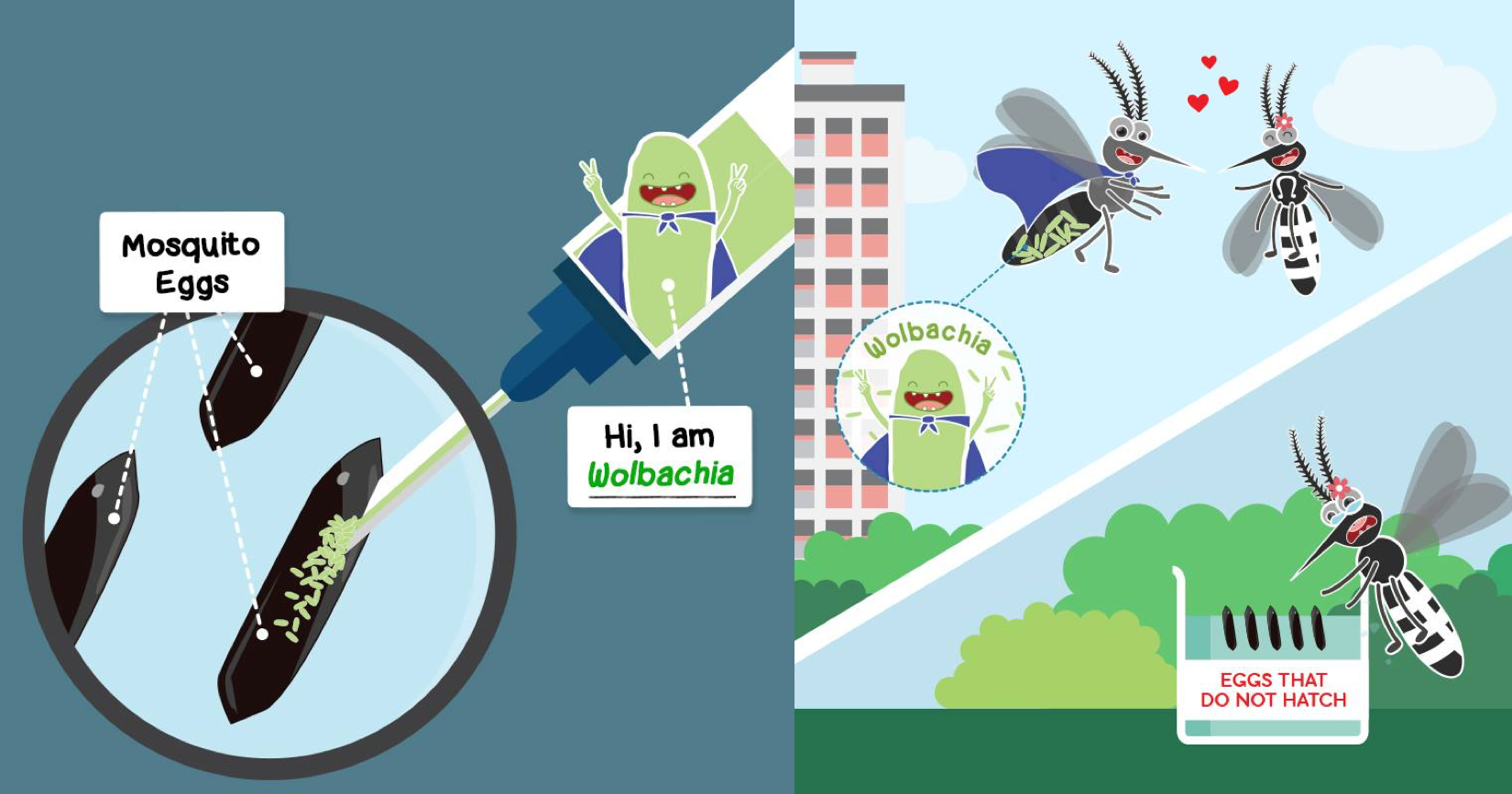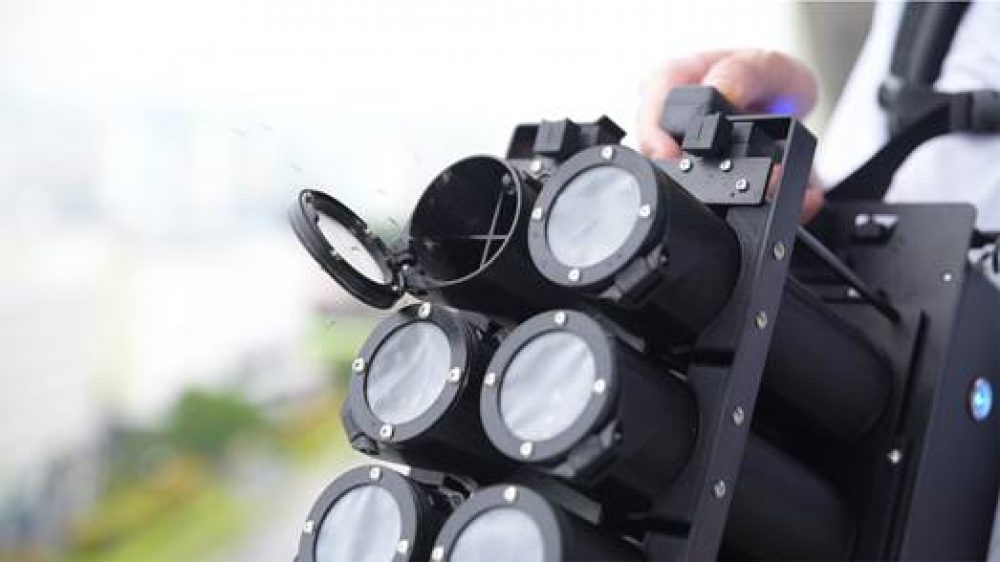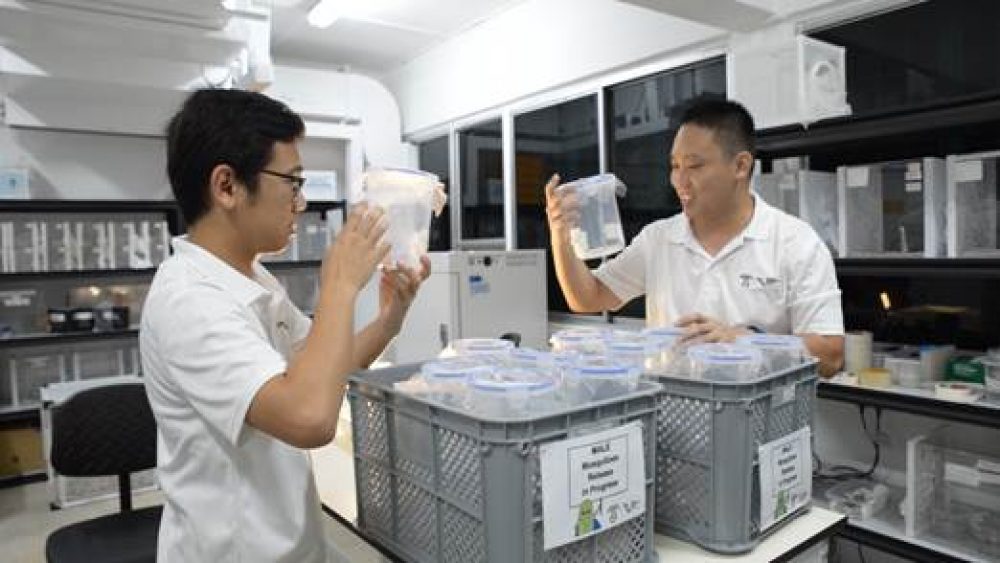Project Wolbachia, the plan by the Ministry of Environment and Water Resources (MEWR) and the National Environment Agency (NEA) to tackle the spread of the dengue virus, is still in development and should not be seen as a "silver bullet" to solve the problem.
Minister Masagos Zulkifli said this in response to a Parliamentary question on Sept. 2 on whether Project Wolbachia could be expedited to deal with the current problems various areas in Singapore are facing with dengue fever.
What's Project Wolbachia?
In short:
Step 1: Infect male mosquitoes with the Wolbachia bacteria. The bacteria renders male mosquitoes sterile, but in any case, male mosquitoes don't bite humans or transmit disease, so don't worry.
Step 2: Release infected sterile males into public spaces with dengue clusters to start mating with females.
Step 3: Either the eggs of the next mosquito generation never hatch, or their offspring inherit the disease and are also rendered infertile.
Step 4: Fewer cases of dengue in Singapore. Yay.
Project still in development
However, Masagos shared that while initial results have been promising, Project Wolbachia remains under research and development.
It also has only been tested in small study sites around the island so far.
The minister said the project is aligned with World Health Organisation and International Atomic Energy Agency guidelines on developing sterile insect technologies according to a phased approach.
And right now, we are in Phase 3, which evaluates if the mosquito suppression that has already been achieved can be expanded to cover larger areas sustainably.
The release area covers 60 blocks in Tampines and 84 blocks in Yishun, nearly four times the size of the first project area, and also focuses on automated efforts to sterilise and release the male mosquitoes.
Existing strategies are more effective
Masagos emphasised that field studies are not the best way to react to current dengue clusters.
Instead, community outreach efforts, along with residents' own response and existing eradication measures will remain MEWR's key strategies to battle the dengue virus, for now.
Read more about how MEWR and NEA are fighting dengue here:
Top image via NEA's Facebook page.
If you like what you read, follow us on Facebook, Instagram, Twitter and Telegram to get the latest updates.


